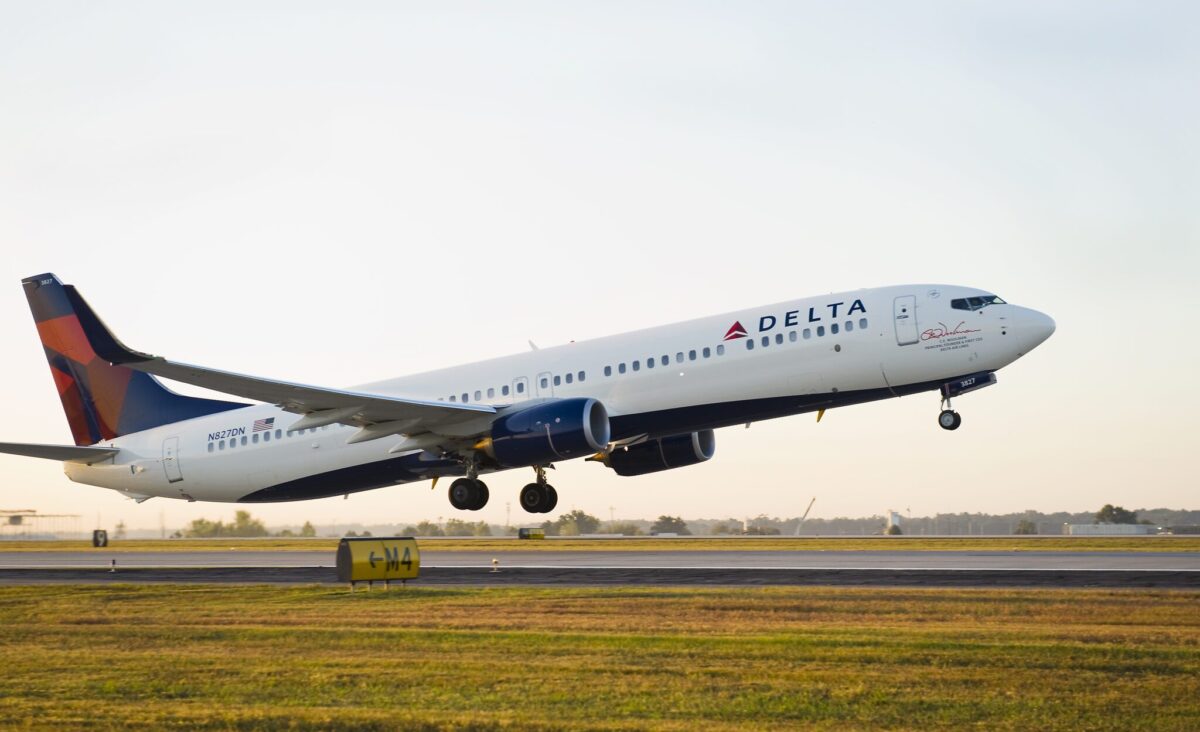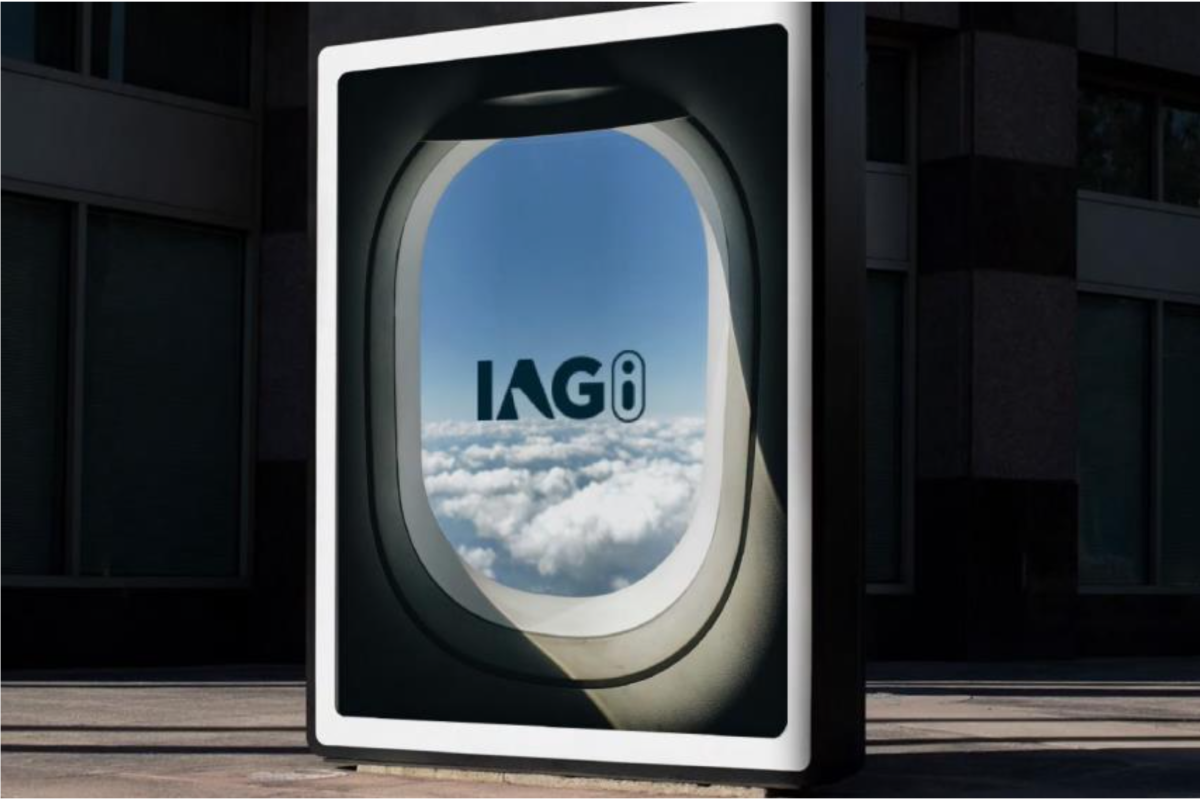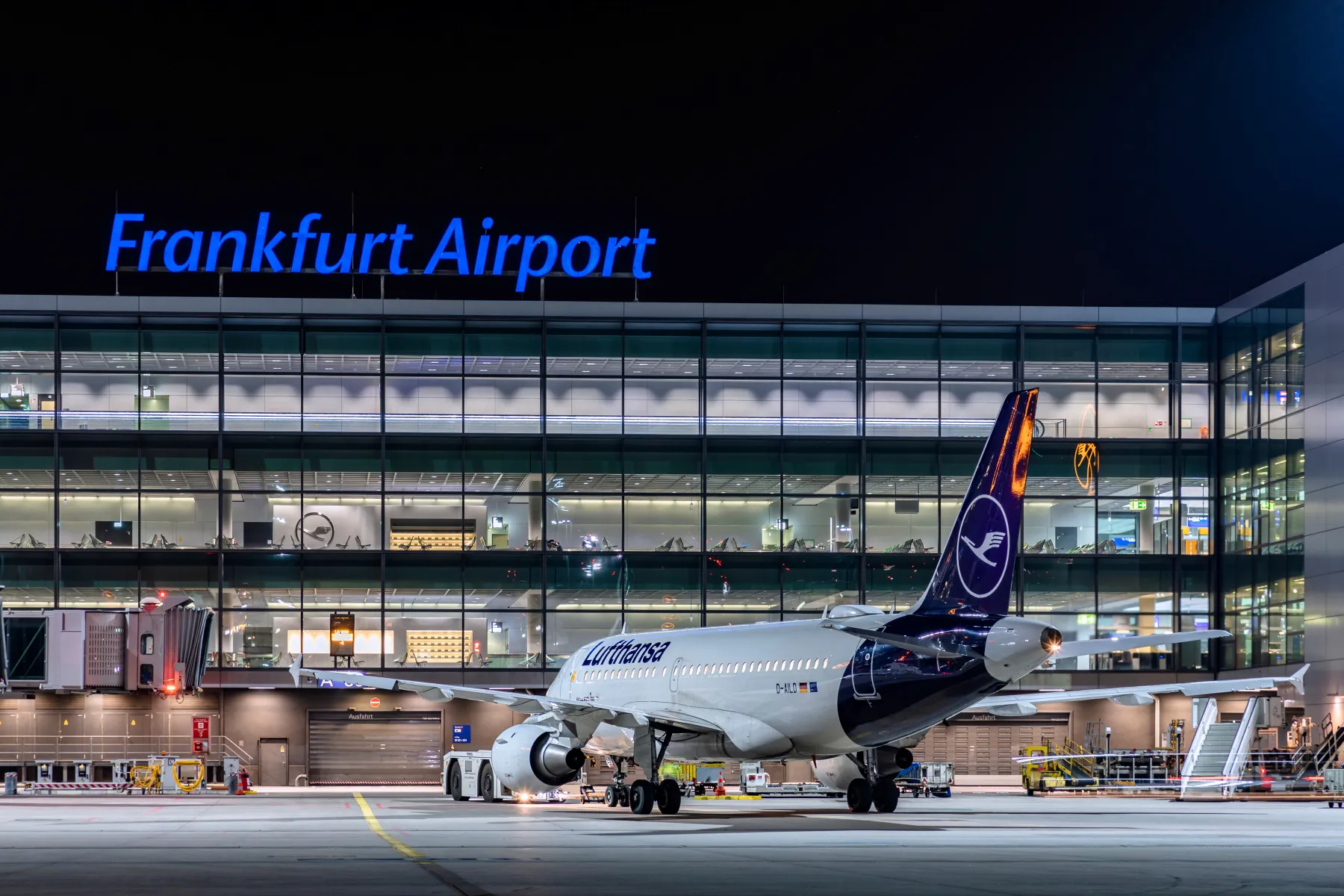Japan’s Second Covid Wave Puts Smaller Travel Agencies in Peril

Skift Take
Japan's small inbound travel agencies are seeking shelter in a newly-formed group as a second Covid-19 emergency state, effective January 8, puts tourism recovery in jeopardy.
Niche travel specialists and small tour and activity players are critical in providing authentic and unique experiences to foreign arrivals. Yet these players have little or no representation, unlike bigger travel agents, hotels and vacation rentals in sector groups such as Japan Association of Travel Agents (JATA), Japan Hotel Association, Japan Ryokan and Hotel Association and Japan Association of Vacation Rental. The latter is a relatively new group formed in December 2018 as home-sharing makes inroads into Japan.
Alex Debs, founder of luxury travel designer company Hitotoki, took JATA to task recently for not looking out for the plight of smaller members, of which Hitotoki is one, a move that set in motion the launch of the Hospitality Industry Club of Japan a few weeks ago.
Debs said Japan's Go To Travel domestic campaign is an example “of how betrayed many of us in the industry feel about the association working together with its biggest members only.”
He alleged JATA didn't communicate with smaller members who were only informed about the campaign at nearly the same time as the public launch (in late July 2020). “On that very same day, JTB, HIS and others big names were launching their own Go To campaign websites, fully ready to welcome bookings with Go To discounts directly applied upon payment, leaving all of us, the others, behind,” he wrote in an open letter to JATA chairman.
JATA could not be reached for comment at press time.
Debs also described his long wait to get his firm Hitotoki to be a registered agency for the campaign, and how approval was given “within 24 hours” after informing JATA it would go public about it. “It reinforced my idea that small and medium business of the inbound industry would definitely benefit having a united voice through the club,” Debs said.
The group has around 20 members so far. It has attracted niche inbound specialists or so-called destination management companies (DMCs) that handled a combined revenue of $20 million pre-pandemic, said Debs. Among them are Destination Asia Japan, Windows to Japan, and Japan Private Tour.
Also members are small hotels such as Sankara Hotel & Spa Yakushima and Ito Ryokan, activity providers including Japonist and Camellia Tea Ceremony, and transport companies such as The Luxury Fleet.
“We're excited by the response. It is a challenging year for many of us in the travel business but we aim to transform it into an opportunity to become stronger,” said Debs.
Trickier
Inbound agencies suffer a 90 percent drop in business due to entry restrictions on foreign arrivals, said Debs, thus must look to domestic travel as a lifeline. Aside from Go To, Hitotoki, whose clients include the US and other embassies, entices the expat community in Japan to experience Japan like a tourist since they are unable to return home. The firm has also created a hassle-free turnkey concierge service for returnees and new residents arriving in Japan who must quarantine for 14 days.
Domestic travel has always been huge for Japan. Even with foreign arrivals growing to 32 million in 2019 — a new record for the seventh consecutive year — locals still account for 80 percent of Japan's tourism, with Tokyo as the biggest source.
Go To was a shot in the arm for the tourism industry at first, said industry members interviewed, but rising cases since November and and last week's emergency decree in Tokyo and three neighboring prefectures have ruled out the domestic market as a revenue stream until at least February 7.
More worrisome for industry players, however, is whether the spread can be controlled. The latest curbs are less stringent than the lockdown last year. People are asked to stay home after 8 p.m. Restaurants and bars are asked to stop serving alcohol by 7pm and close by 8 p.m. What's more, the law is such that authorities aren't able to enforce the curbs.
“There are no penalties. If a restaurant remains open, at most it gets named and shamed. It's unlike Singapore, where you can be fined. Or China, where you can be jailed,” said Kei Shibata, co-founder of Venture Republic, which runs Japan's largest travel metasearch firm, Line Travel.
“The second wave is trickier. In the first, people were scared, so they followed the rules. But now they have become more relaxed, especially the younger people, and may not necessarily follow,” he said.
Tokyo reported 1,494 new cases on January 10. Sixty percent were patients between the age of 20 and 40. Meanwhile, the governors of Osaka, Kyoto and Hyogo have jointly asked government to include their jurisdictions in the state of emergency due to rising cases in the prefectures.
Japan's Prime Minister Yoshihide Suga has promised to turn the situation around within a month. His timeline includes a legal amendment to allow authorities to punish violators and the launch of a vaccination campaign in February, according to Nikkei Asia..
The elephant in the room is the Olympic Games in Tokyo, now slated to take place from July 23 to August 8. Doubts if it will happen are already reappearing, as in this Asahi Shimbun report on January 8 quoting an official of Tokyo's organizing committee as saying, “The Tokyo Olympics could be canceled if the state of emergency is not lifted by March.”
Travel executives are putting faith in the vaccine. “It really depends on the vaccine's effectiveness and rollout worldwide," said Venture Republic's Shibata. "I'd love to see the Games happen; it's not just because of the [surge] in inbound tourists but in raising awareness of Japan globally as a great destination.”
Just do it
One of Japan's travel agencies, The J-Team, is keeping the Olympics torch flickering in the industry by organizing a series of fun, relay-based charity marathons where tourism members run, jog or walk a series of two to three kilometers sections.
The first, The Great Tokyo Odyssey, was held on September 6, 2020, the day the Paralympic Marathon was due to start. Some 100 industry members participated in the 11-hour event which stopped at Tokyo landmarks and ended at the Olympic Stadium.
The Great Kansai Odyssey followed in November, and J-Team is organizing a different event in March.
“We all hold the belief that the Olympics will be the start of more fluid business,” said general manager James Kent.
The charity marathons are also a means to engage with partners such as event venues, activity operators or independent hosts and to motivate them through the difficult period.
Sadly, many of these partners are in a more precarious position than DMCs. “We worked with a great lady who offered an Ikebana flower arrangement workshop in a beautiful house. But with no clients, she couldn't pay the rent and had to stop,” said Debs.
Few agencies, on the other hand, have closed for good. But most are operating on low battery mode, surviving on new revenue streams in a smaller operation.
“Partners are in a more precarious situation and may end up temporarily/permanently closing due to a lack of travelers and the cancellations of projects [such as video creation] related to Covid-19 worries,” said Sébastien Duval, community manager of Japan Travel KK. “Our company did not downsize but our industry's ecosystem is damaged. Restarting some activities may become difficult if foreign regional experts leave after losing their job/income.”
Debs hopes the new club will go some ways to uphold the network of DMCs and partners. Already, an exchange of ideas among members about new income generators and sales leads is happening. The group is also considering to lobby for direct subsidies for inbound agencies. “Restaurants receive subsidies if they close early, what about small inbound tourism players which are struggling because they too have lost business since March?,” he said.
For that, a stronger voice is definitely needed.




